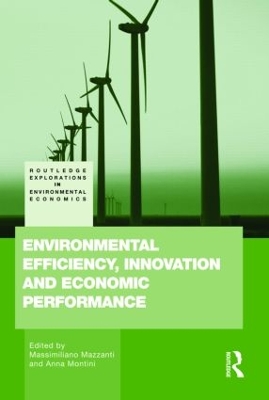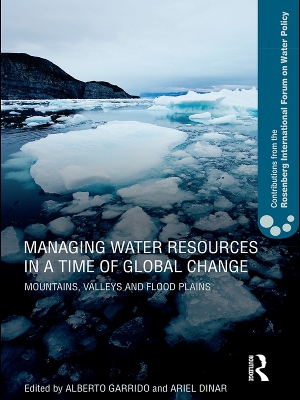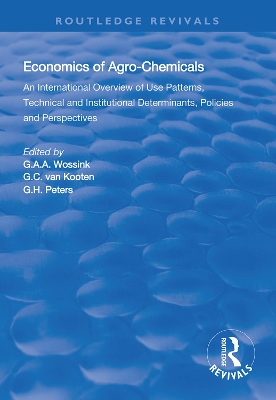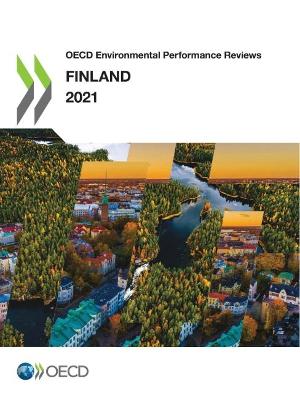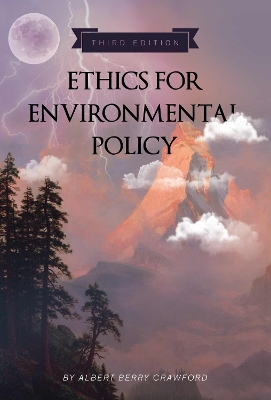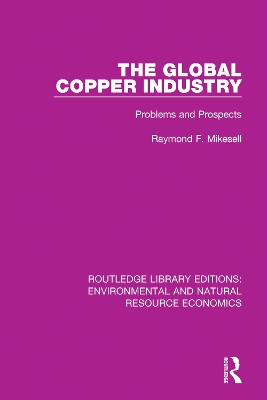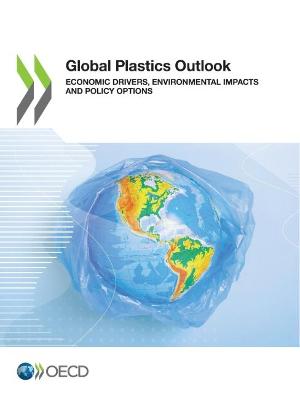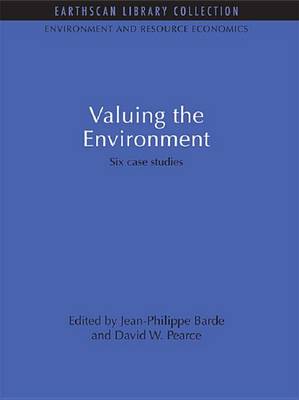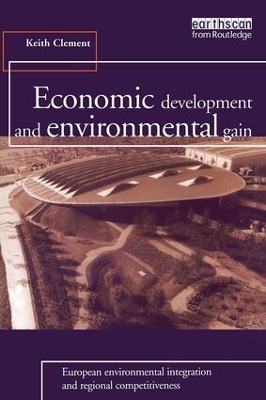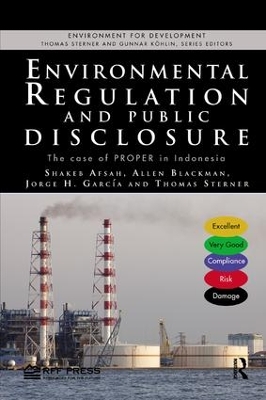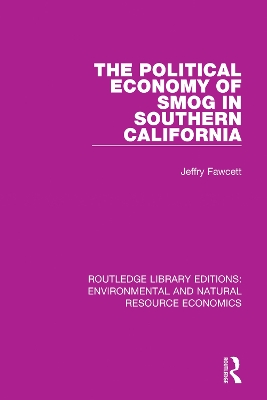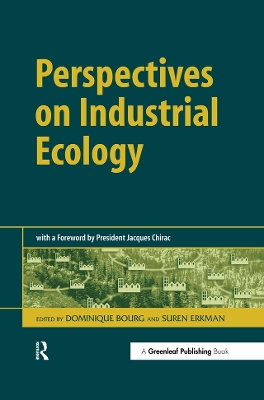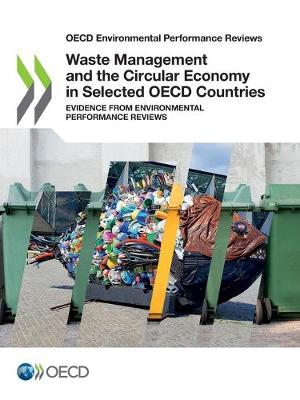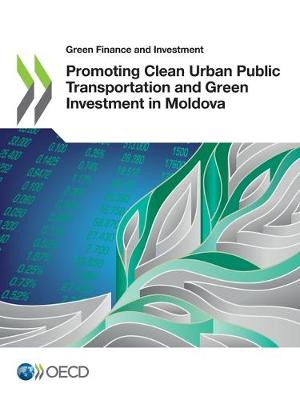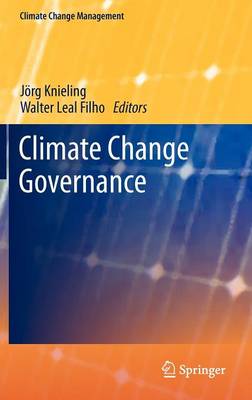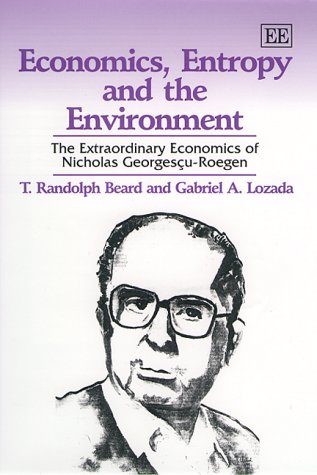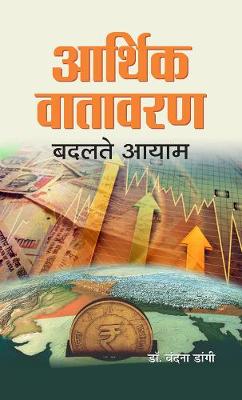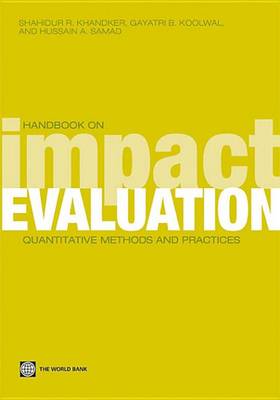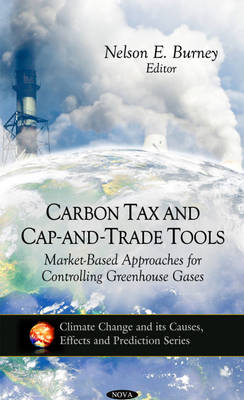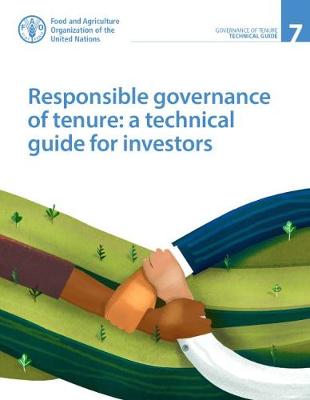Eco-innovation is becoming a conceptual reference point for many regional and international public policies and management strategies. This field of research has been focusing on how environmental innovation is particularly related to the intensity of emissions and economic performance. There are two reasons for this growing interest. The first is that environmental performance is one of the main economic policy goals of European countries, thanks to its relevance to the Lisbon Strategy and the...
Global change possesses serious challenges for water managers and scientists. In mountain areas, where water supplies for half of the world population originate, climate and hydrologic models are still subject to considerable uncertainty. And yet, critical decisions have to be taken to ensure adequate and safe water supplies to billions of people, millions of farmers and industries, without further deteriorating rivers and water bodies. While global warming is known to cause glaciers’ retreat an...
The Economics of Agro-Chemicals (Routledge Revivals)
Published in 1998. This book provides a global overview of agrochemical use against the backdrop of future agricultural production requirements and environmental concerns. From acknowledged experts in their field this book examines the relationship between agro-chemical use and sustainability, producer knowledge and policy analysis for less developed and industrialized economies.
Finland 2021 (OECD environmental performance reviews)
Ethics for Environmental Policy reviews recent work in the field of environmental ethics. The text examines ways in which ethical frames of reference and decision principles are invoked in policy debates related to environmental protection, and how the integration of thought regarding conduct ethics and virtue ethics is essential for application of theory to practice. The third edition opens with two new chapters. The first presents an overview of ethical theory with emphasis on the role of eth...
The Global Copper Industry (Routledge Library Editions: Environmental and Natural Resource Economics)
by Raymond F. Mikesell
Originally published in 1988. Copper is one of the most actively traded commodities. It is a crucial commodity for industrialised countries, most of which depend on imports for their supplies. Copper is also the single most important export for many of the producer-countries. Changes in the patterns of the world trade in copper therefore have an important impact on many countries. This book surveys the state of the world copper industry as it was in the 1980s. It discusses the state of productio...
Valuing the Environment (Environmental and Resource Economics Set)
This is the second in a pair of economic texts commissioned by the OECD in the field of environmental economics; The Pearce Report: Blueprint for a Green Economy puts the role which monetary evaluation of environmental costs and benefits can play firmly into the public eye. This book goes further and looks at six countries where such evaluation techniques are applied and at the obstacles to their further use. The case studies, written by leading experts in each nation, show how these methods are...
Economic Development and Environment (Oxford India Paperbacks)
This collection of essays deals with India's economic development in terms of its effects on environment. The contributors point out the various environmental issues which were overlooked in the process of industrialization in India, such as its impact on ecology and the sustenance of the rural communities. The volume highlights the failure of the planners in recognizing the necessity of environmental conservation and strikes a note of warning to the policy-makers, concluding that although the r...
This volume contains detailed information and assessment of incentives and policy instruments available within Europe to encourage good practice, and of how to achieve environmental gain in regional economic programmes. It describes an appropriate methodology for securing improved environmental benefit and explores the potential for achieving regional environmental competitiveness. There are insights based on wide international comparative experience of programme evaluation.
Environmental Regulation and Public Disclosure (Environment for Development)
by Shakeb Afsah, Allen Blackman, Jorge H. Garcia, and Thomas Sterner
This book is a remarkable case study of an environmental policy initiative for a national environmental regulatory system in the information age. In 1995 the Indonesian Ministry of Environment took the bold step to launch an environmental disclosure initiative called the Program for Pollution Control, Evaluation and Rating (PROPER). Under PROPER, environmental performance of companies is mapped into a five-color grading scale – Gold for excellent, Green for very good, Blue for good, Red for non-...
This study, first published in 1990, explores the ways in which institutions can succeed or fail at environmental improvement. The author first takes a look at the nature of environmental politics and the history of air pollution control in Southern California. He then develops a political economic model that asks the question: what effect have the dramatic changes that have occurred throughout the history of air pollution control in Southern California had on air quality? Jeffry Fawcett uses th...
Technical Change, Relative Prices and Environmental Resource Evaluation (Resources for the Future) (Routledge Revivals)
by V. Kerry Smith
Originally published in 1974, Technical Change, Relative Prices, and Environmental Resource Evaluation explores the relationship between natural environmental resources and the differential implications of technological change and relative price appreciation. Smith claims that price is linked to technological progress and comments on the economic issues surrounding this. This title will be of interest to students of Environmental Studies and Economics.
Perspectives on Industrial Ecology
Business-as-usual in terms of industrial and technological development – even if based on a growing fear of pollution and shortages of natural resources – will never deliver sustainable development. However, the growing interest in recent years in the new science of industrial ecology (IE), and the idea that industrial systems should mimic the quasi-cyclical functions of natural ecosystems in an 'industrial food chain', holds promise in addressing not only short-term environmental problems but a...
Waste Management and the Circular Economy in Selected OECD Countries
by Oecd
Promoting Clean Urban Public Transportation and Green Investment in Moldova
by Oecd
Climate Change Governance (Climate Change Management)
Climate change is a cause for concern both globally and locally. In order for it to be tackled holistically, its governance is an important topic needing scientific and practical consideration. Climate change governance is an emerging area, and one which is closely related to state and public administrative systems and the behaviour of private actors, including the business sector, as well as the civil society and non-governmental organisations. Questions of climate change governance deal both w...
Economics, Entropy and the Environment
by T. R. Beard and Gabriel A. Lozada
This extraordinary book provides a critical review of the work of Nicholas Georgescu-Roegen in conventional economics, environmental economics and methodology. Particular attention is paid to the role of thermodynamics in Georgescu-Roegen's economics.
Smart Solutions to Climate Change
The failure of the Copenhagen climate conference in December 2009 revealed major flaws in the way the world's policymakers have attempted to prevent dangerous levels of increases in global temperatures. The expert authors in this specially commissioned collection focus on the likely costs and benefits of a very wide range of policy options, including geo-engineering, mitigation of CO2, methane and 'black carbon', expanding forest, research and development of low-carbon energy and encouraging gre...
Handbook on Impact Evaluation
by Shahidur R. Khandker, Gayatri B. Koolwal, and Hussain A. Samad
Public programs are designed to reach certain goals and beneficiaries. Methods to understand whether such programs actually work, as well as the level and nature of impacts on intended beneficiaries, are main themes of this book. Has the Grameen Bank, for example, succeeded in lowering consumption poverty among the rural poor in Bangladesh? Can conditional cash transfer programs in Mexico and Latin America improve health and schooling outcomes for poor women and children? Does a new road actuall...
Carbon Tax & Cap-&-Trade Tools
Global climate change is one of the nation's most significant long-term policy challenges. Human activities are producing increasingly large quantities of greenhouse gases, particularly CO2. The accumulation of those gases in the atmosphere is expected to have potentially serious and costly effects on regional climates throughout the world. Market-based mechanisms that limit greenhouse gases (GHG) emissions can be divided into two types: quantity control (cap and trade) and price control (carbon...
Responsible Governance of Tenure (Governance of Tenure Technical Guide)
by D. Vhugen
This guide focuses on investment and how the Voluntary Guidelines can help firms to understand and manage risk related to land tenure.
